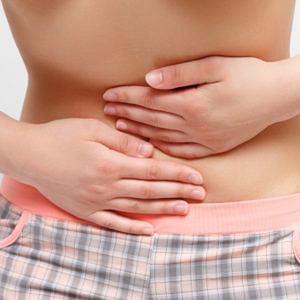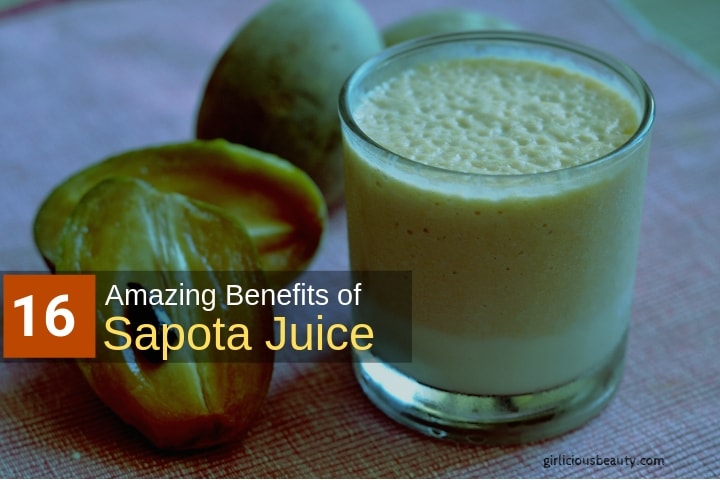Have you ever forgotten when your period is due? If yes, then you’re not the only one. It is hard to keep track of your period date with a busy schedule, but it can be the absolute worse when you get it unprepared. So, let’s look at some of the common signs your period is coming tomorrow so that you can look out for yourself.
There are numerous period symptoms to be aware of, ranging from physical to emotional changes. You might have heard of PMS (Premenstrual syndrome); it can be seen in 90% of females before their period is due. PMS indicates your period’s arrival and can start one or two weeks before your period date.
Common Signs of Period Coming Soon
We have discussed below the 7 indications that usually sign your period is coming tomorrow or in a few days:
Lethargy or Fatigue
A sign that your period is due to take place is lethargy, tiredness, or fatigue. It’s common to feel tired in the days leading up to your period. Even if you’re well-rested, you may notice that your energy levels are lower than at other times of the cycle. While maintaining a regular sleep routine can help, some people may experience insomnia despite being tired. It is usually caused by a hormonal shift and should subside once your period begins.
Abdominal Cramps or Back Ache
Cramps in the lower abdomen are the most common menstrual concern. Unlike many other symptoms, which appear 1-2 weeks before your period and disappear when the bleeding begins, cramps usually occur right before your period and may last for 2-3 days. In some women, period cramps may affect more than just the stomach. Changes in hormones known as prostaglandins, which line the uterus, can cause contractions that you may also feel in your back or thighs.
Sore Breasts
Sore breasts can be an indication that your period is near. Around ovulation, progesterone levels begin to rise in the middle of your cycle. This causes the mammary glands in your breasts to swell and enlarge. These changes cause your breasts to feel achy and sore just before or during your period. Increased levels of the hormone progesterone cause breast swelling and tenderness; just like other premenstrual symptoms, breast swelling and soreness should go away when your period arrives.
Mood Swings
For some people, the emotional symptoms of PMS are more severe than the physical ones. Having mood swings is pretty standard; the feelings of sadness, anxiety, or irritability are experienced most often. This change in mood from time to time is mainly due to the fluctuating estrogen and progesterone levels. High estrogen can suppress serotonin and feel-good endorphin production in the brain, reducing feelings of well-being and increasing depression and irritability. There may be periods of crying for no apparent reason, as well as emotional hypersensitivity.
Bloated Stomach
Have you ever felt bloated or feel a little heavy in your belly? If yes, your period might be on its way. The body retains more salt and water than usual due to the alternating estrogen and progesterone levels before the period, which leads to bloating. It’s a fleeting symptom that will pass once your period is over. By avoiding salt, eating more fruits and vegetables, and staying active, premenstrual bloating can be reduced.
Headaches
If you’re suffering from a headache for no apparent reason, it might be because of changes in estrogen levels before the start of menstruation. Females that are prone to migraines can experience a severe headache before or during their period called a Menstrual Migraine. According to a study, more than half of women who suffer from migraines report a link between the occurrence of migraines and their period.
Upset Stomach
You can experience diarrhea, constipation, or gassiness a day or two before the onset of your period because your bowels are hormonally sensitive. During menstruation, you may notice more frequent bowel movements, which can be seen as a sign of period arrival. This change in bowel movements is because prostaglandins, the hormones that cause uterine contractions, can also cause bowel contractions.
Acne Breakouts
Around 50 % of women experience an increase in skin problems about a week before their period begins. Menstrual acne commonly appears on the face but can also appear on the back or other parts of the body. These breakouts are caused by the natural hormonal changes that occur during the female reproductive cycle.
Your body’s androgens stimulate the production of sebum, an oil produced by the skin’s sebaceous glands, which can cause Acne breakouts if too much sebum is produced. Period-related acne usually clears up near the end of menstruation or shortly after, when estrogen and progesterone levels rise.
Should you Consult a Doctor?
It’s very common to have mild PMS symptoms in the days before your period; at-home remedies can often provide relief.
However, if your symptoms are severe enough to interfere with your ability to engage in your normal daily activities, consult your doctor as soon as possible. You can now book an appointment or consultation online with the Best Gynecologists in Karachi via Marham.






